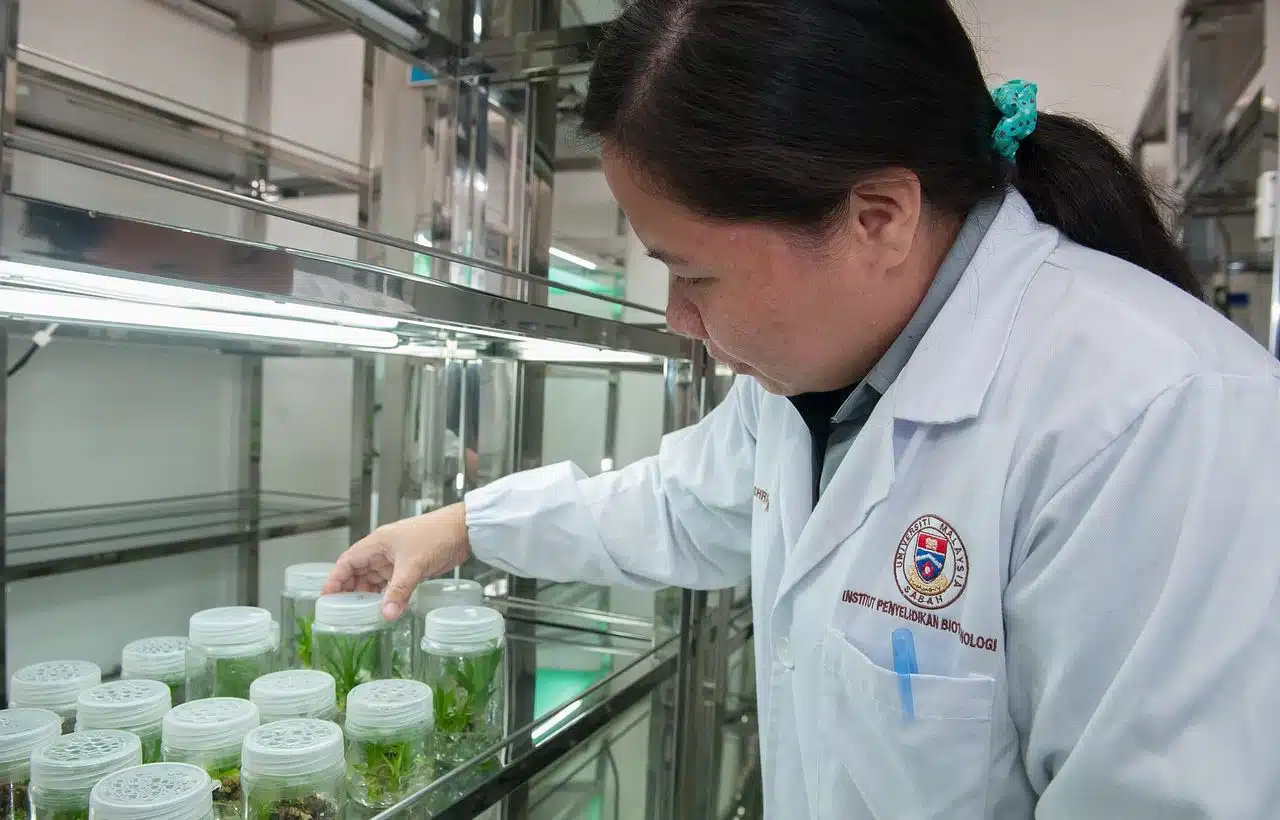
The genome of transgenic seeds is the result of human intervention.
Transgenic seeds are those that have been modified through scientific practices. These seeds have certain genes in their genome that they did not have in their natural state.
It should be noted that a seed is a component of a plant that houses an embryo , which is used to produce a new specimen. Transgenic , for its part, is an adjective that refers to a living being whose composition has been altered through the incorporation of external genes (that were not its own by nature).
What are transgenic seeds?
Genes can be inserted, deleted or modified in an organism: the result of this practice is a transgenic organism. Typically, these changes are driven to confer certain properties or qualities to the organism in question.
Transgenic seeds are modified so that they are resistant to various factors that could affect the development of the plant . Thanks to this type of seeds, plants resistant to insects and herbicides can be created.
McGregor tomatoes are known in part for having been the first genetically modified food to be commercialized, and the company that produces them had to face several years of intense control processes before obtaining permission to turn their idea into a commercial product. It is worth mentioning that the obligation to subject transgenic products to strict controls continues today, although this does not guarantee consumer safety according to certain positions.

Biotechnology allows obtaining transgenic seeds.
Your benefits
The production of transgenic seeds has become a million-dollar business worldwide. The companies that are responsible for its generation maintain that these techniques could help fight hunger since food grows more easily and is more resistant.
Furthermore, according to this position, transgenic seeds contribute to the environment since, by resisting various diseases, the use of agrochemicals is not necessary.
Criticism of transgenic seeds
However, not everyone agrees with the use of genetically modified seeds. With respect to the statement regarding world hunger, there are those who claim that it would be much more effective to promote local production in developing countries by taking advantage of their indigenous resources, which would bring more economic benefits and avoid dependence on a third for the acquisition of the seeds.
Those who condemn the use of transgenic seeds, on the other hand, warn that these seeds are patented by companies and their plants, therefore, constitute private property. Furthermore, foods derived from transgenic seeds could cause various health problems, while the crops would alter the ecological balance .
The biotechnology industry
One of the strongest opponents is the traditionalist agricultural sector, or that at least tries to rely on methods that it considers more "natural." There are several surveys that speak of a large majority of consumers against transgenic seeds ; However, this contradicts the practices that both agriculture and livestock have as fundamental pillars of their existence. Accusations of not respecting the laws of nature lose force when they come from people who raise animals and exploit the land with chemicals: the natural thing would be to leave the animals free and let each one grow their own food in a small private garden.
The biotech industry doesn't have much in common with agriculture , and this also means that the skills needed to work in one sector are irrelevant in the other. In fact, another of the points under discussion against transgenic seeds is that their generalization when it comes to manufacturing food products could put the economy of thousands of people at risk , since it would not be possible to offer them a change of position, but instead would leave me without a job . Something similar happened with the arrival of computing to companies.
